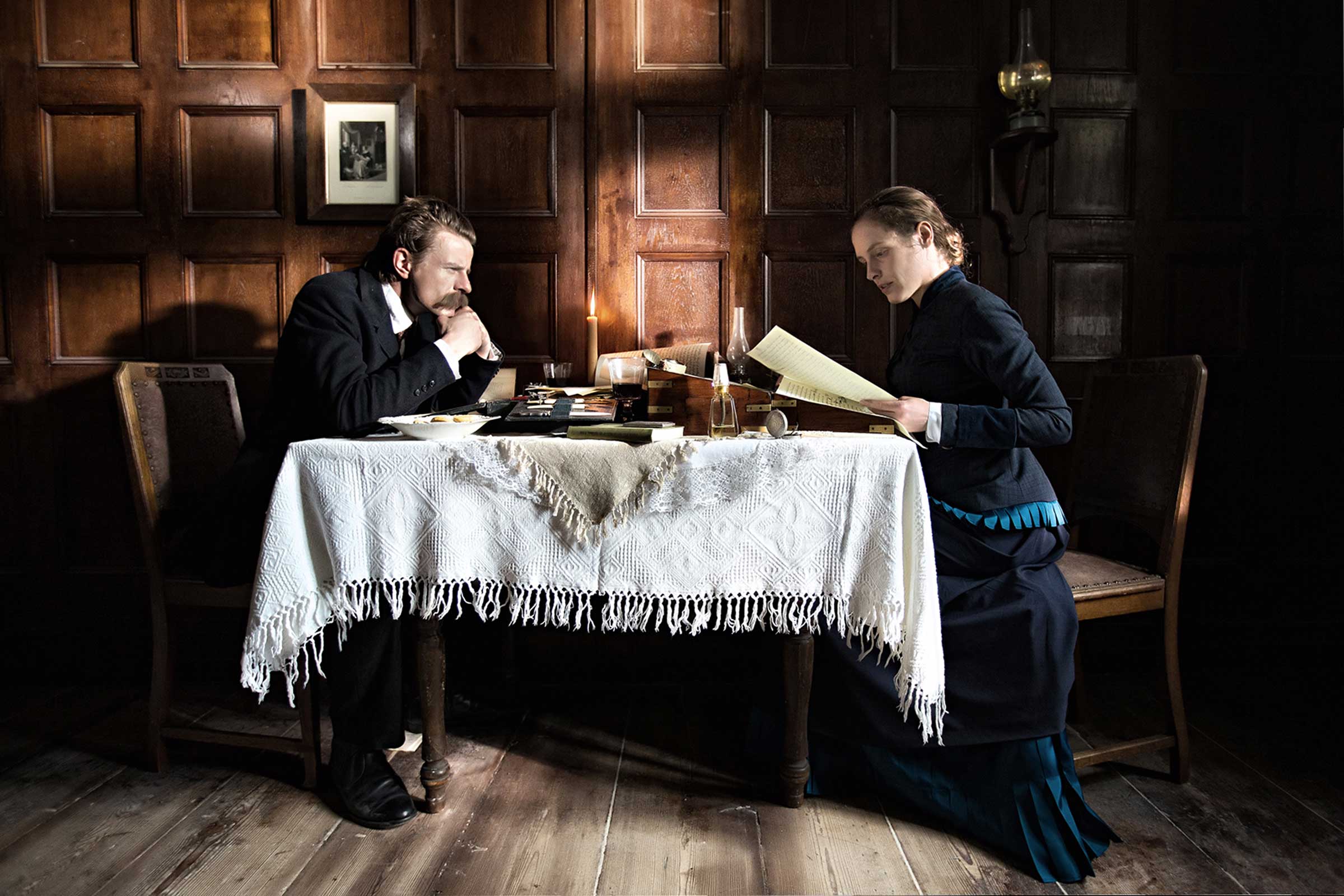
The Search for Spirituality: Our Global Quest for a Spiritual Life Paperback
by Ursula King (Author) – 2011
4.8 out of 5 stars 15 ratings
The Search for Spirituality offers a comprehensive overview of the incredibly rich and diverse spiritual landscapes of our world, and explores the global search for a spiritual life at an individual and social level, inside and outside religious traditions, and in the secular world.
256 pages
+

Care of The Soul In Medicine: Healing Guidance for Patients, Families, and the People Who Care for Them
$33.39$33.39
Total Price:$93.39
Review
"Beautifully written, this is an enlightening book that informs while it gently persuades. Opening many windows onto spiritual experience in our increasingly global culture, it invites the reader to partake and contribute." --Elizabeth Johnson, professor of theology, Fordham University, and author, "She Who Is"
"[A] very important and interesting new book . . . a wise and illuminating guide." --John F. Haught, research professor, Georgetown University, and author, "God After Darwin"
"A remarkably wide-ranging book that touches briefly on many aspects of the spiritual life across the world--both our need for spirituality and how we have sought to address that need through nature, science, and the arts." --"Library Journal"
"A unique, valuable, and irreplaceable addition to the literature on spirituality . . . This work will be a classic!" --Mary Evelyn Tucker, visiting professor for social and policy studies, Yale University
"Absolutely brilliant. We have desperately needed Ursula King's kind of dispassionate overview of spirituality. . . . Thank God we have it now." --Phyllis Tickle, author, "The Great Emergence"
"Spirituality is notoriously hard to define, but King makes a bold attempt, outlining its scope and impact . . . this introduction to spiritualities not based in religious practice is thoughtful and accessible." --"Publishers Weekly"
"What distinguishes Ursula King's search for a spirituality that will respond to global needs is the way she combines both depth and breadth in her search." --Paul F. Knitter, Union Theological Seminary
About the Author
Ursula King is an internationally renowned scholar on spirituality, interfaith dialogue, women and religion, and the French thinker Pierre Teilhard de Chardin. She is professor emerita of theology and religious studies at the University of Bristol in England and author of "Christian Mystics" and "Spirit of Fire."
Publisher : BlueBridge (1 February 2011)
Paperback : 256 pages
4.8 out of 5 stars 15 ratings
Customer reviews
4.8 out of 5 stars
Top reviews from other countries
Peregrinus
5.0 out of 5 stars EASY AND REWARDING READReviewed in the United Kingdom 🇬🇧 on 19 April 2012
Verified Purchase
With no book description on Amazon.co.uk I copy the one from Amazon.com:-
"Full of vision, hope, and inspiration, this profound and passionate manifesto provides a fascinating overview of the incredibly rich and diverse spiritual landscapes of the world--feeding a deep longing for a life of wholeness and meaning and a society of greater peace and justice. Drawing from a wide variety of faiths and secular traditions, this book looks at cultural diversity and religious pluralism; clarifies the meaning of spirituality in different languages, faiths, and societies; and shows how numerous new approaches to spirituality have emerged. Also explored are the spiritual dimensions of nature, science, and technology; the transcending experiences of art and spirit; and the powerful expressions of ecological spirituality found around the world. New insights are provided that highlight the major differences that exist between spiritualities while also pointing out the various parallels and points of convergence."
Further, Professor King writes in her prologue to the book that she, "...makes no claim to present a comprehensive in-depth study or critical assessment of the varieties of spirituality that exist in the contemporary world. Its diverse reflections on a single theme are but a modest introduction to very large, complex realities and experiences. Hopefully it will provide readers with plenty of material for deepening their own thinking, and encourage them to pursue further dialogue and inquiry within and without."
For me, her hope has been fully realised. If the above description and note from the prologue is drawing you in then the book can only be a highly recommended must read.
Read less
4 people found this helpfulReport
Nick Butler
5.0 out of 5 stars Very readable and enjoyableReviewed in the United Kingdom 🇬🇧 on 18 May 2015
Verified Purchase
Very readable with only average intelligence needed. A prior enthusiasm to learn about all the religions and pseudo-religions of the world is needed to get the full benefit of the book. Ursula rises the flag for the females - good for her. Good resource information in the notes at the end.
One person found this helpfulReport
Ursula King
 | Spirit of Fire: The Life and Vision of Teilhard de Chardin by — published 2015 — 9 editions | |
 | Christian Mystics: Their Lives and Legacies Throughout the Ages by — published 2001 — 13 editions | |
 | The Search for Spirituality: Our Global Quest for a Spiritual Life by — published 2008 — 11 editions | |
 | Christian Mystics: The Spiritual Heart of the Christian Tradition by — published 1998 — 2 editions | |
 | Feminist Theology from the Third World: A Reader by | |
 | Christ in All Things: Exploring Spirituality with Pierre Teilhard de Chardin by 4.50 avg rating — 10 ratings | |
 | Towards a New Mysticism: Teilhard de Chardin and Eastern Religions by — published 1980 — 4 editions | |
 | Christ in All Things: Exploring Spirituality With Teilhard de Chardin (The 1996 Bampton Lectures) by — published 1997 — 3 editions | |
 | Religion and Gender by — published 1994 — 4 editions | |
 | Gender, Religion and Diversity: Cross-Cultural Perspectives by — published 2004 — 4 editions |

















